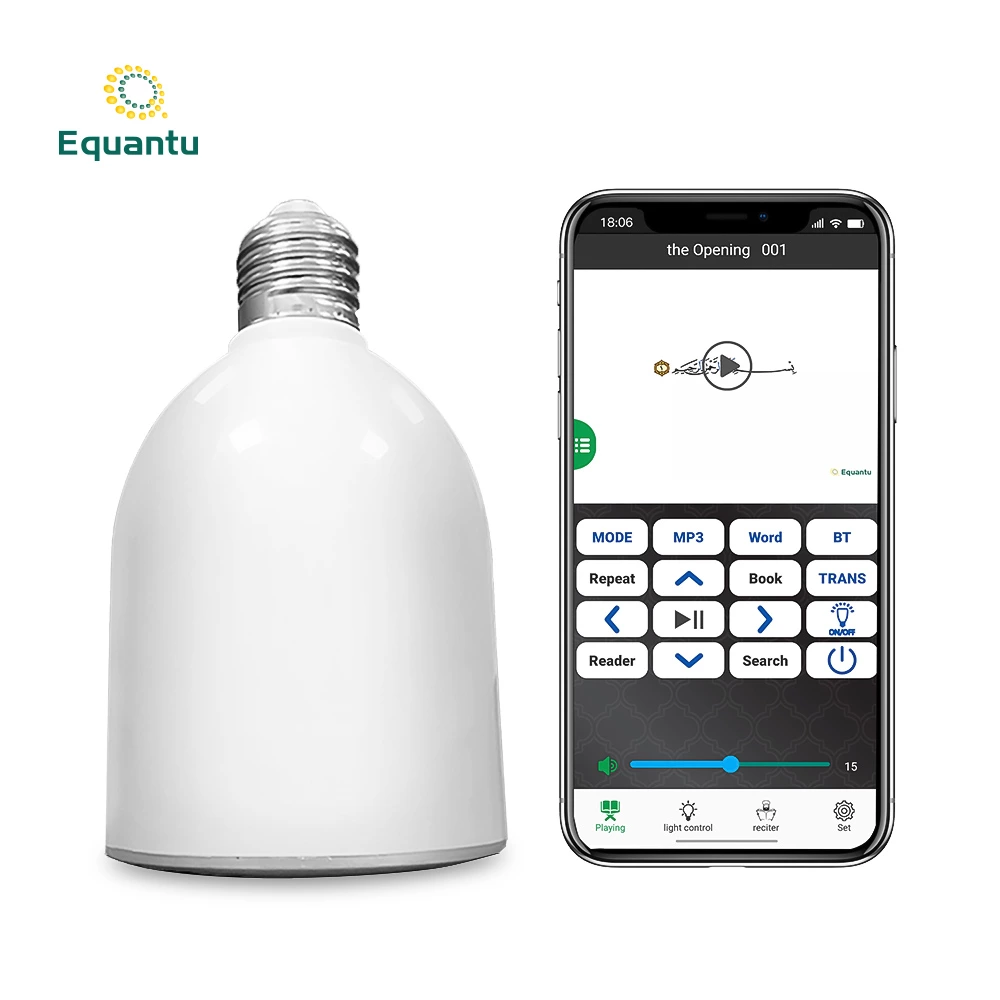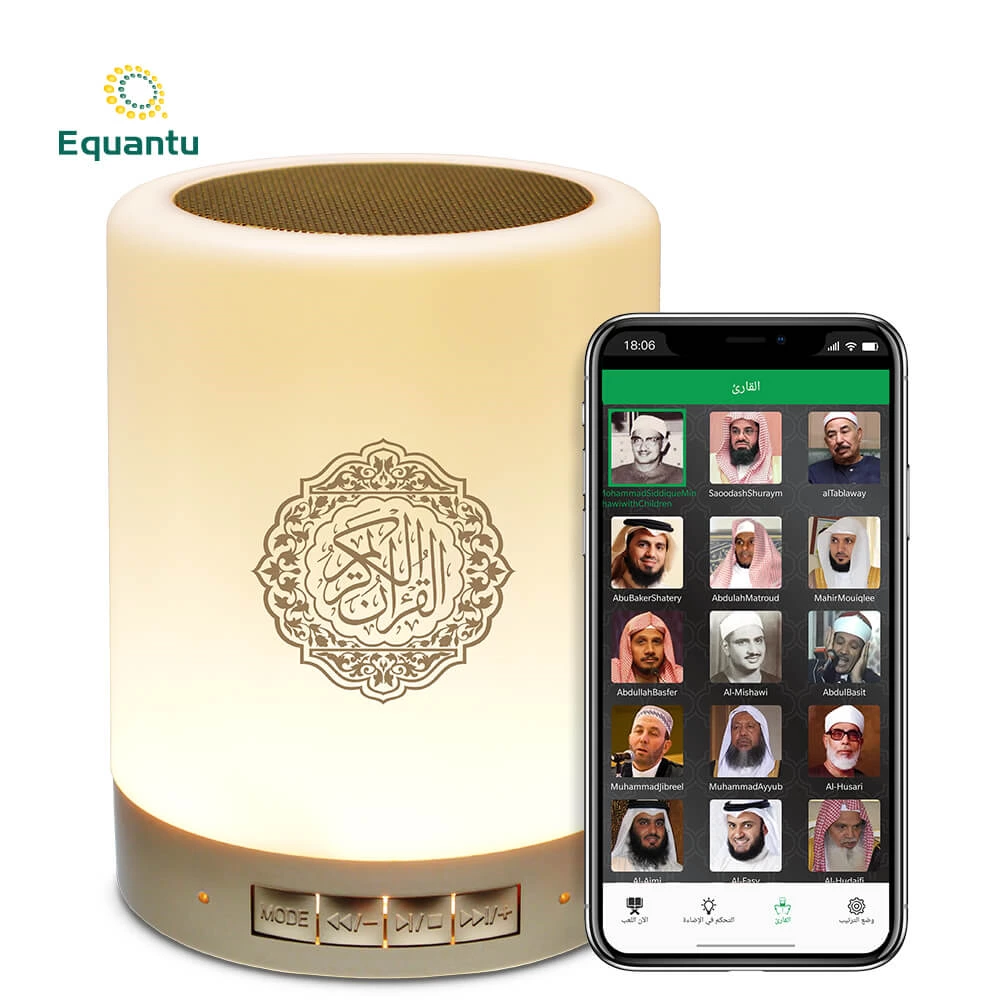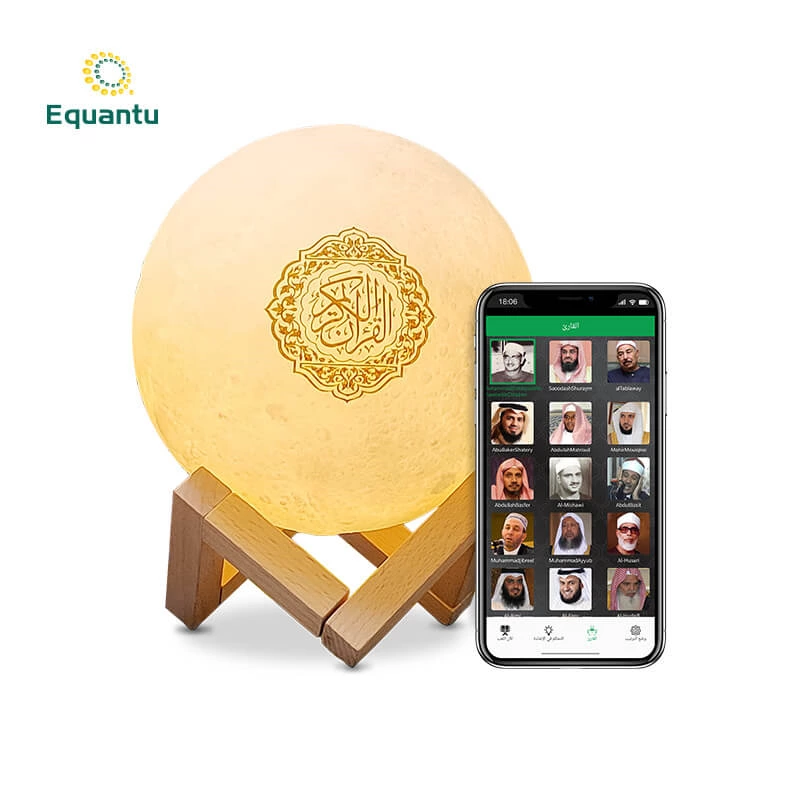Work-Life Balance
Islamic Perspective on Modern Careers
The Quranic guidance remains eternally relevant: "Seek the life to come by means of what Allah has granted you, but do not neglect your share of this world." (28:77) This verse provides the foundation for approaching modern career challenges.
In today's fast-paced professional environment, this teaching offers crucial guidance for maintaining balance. It acknowledges the legitimacy of pursuing professional success while reminding us of our ultimate purpose. This understanding helps Muslims make career decisions that align with both worldly needs and spiritual values.
The practical application involves structuring our work life around our religious obligations rather than the opposite. This might mean scheduling meetings around prayer times, choosing ethical career paths, and ensuring our work doesn't compromise our religious principles. It also means being excellent in our professional roles while maintaining our spiritual focus.
Time Management in the Modern World
Islamic teachings emphasize the value of time through various texts, including the Prophet's (PBUH) saying about utilizing youth before old age. In today's context, this translates into several practical strategies:
Creating a prayer-centric schedule helps organize the day around our most important obligations. This natural division of time provides regular breaks for spiritual renewal while maintaining productivity. Additionally, using modern tools and technology to enhance rather than hinder our worship and productivity allows us to honor both our religious and professional commitments.
Digital Age Challenges
Social Media and Islamic Ethics
The Prophet's (PBUH) guidance to "speak good or remain silent" takes on new meaning in the age of social media. This principle provides comprehensive guidance for online behavior in several ways:
First, it encourages thoughtful consideration before posting or sharing content. This means verifying information before spreading it, considering the impact of our words on others, and ensuring our online presence reflects Islamic values.
Second, it guides us in managing our digital consumption. This includes being mindful of time spent online, choosing beneficial content, and protecting ourselves from harmful or inappropriate material. The principle helps us maintain digital hygiene while benefiting from technology's positive aspects.
Digital Privacy and Islamic Values
Islamic teachings about privacy and modesty extend naturally to the digital realm. This includes:
- Being mindful of what we share online
- Protecting family privacy
- Maintaining appropriate digital boundaries
- Using privacy settings effectively
- Being cautious with personal information
Financial Management in Modern Markets
Islamic Finance Principles
The Quranic prohibition of usury (riba) and emphasis on ethical earnings provide clear guidelines for modern financial decisions. These principles help Muslims navigate contemporary financial challenges through:
Halal Investment Opportunities:
- Islamic banking options
- Shariah-compliant investments
- Ethical business practices
- Transparent transactions
- Avoiding interest-based systems
This requires careful research and often creative solutions to participate in modern economies while maintaining religious compliance. It might mean choosing alternative investment vehicles or building different paths to financial security.
The application of Islamic wisdom to modern challenges demonstrates the timeless relevance of divine guidance. By thoughtfully adapting these principles to contemporary situations, Muslims can successfully navigate modern life while maintaining their religious values and spiritual growth.







